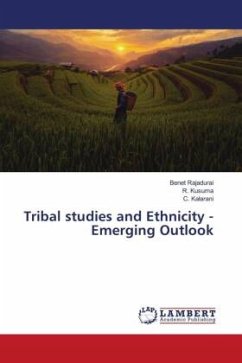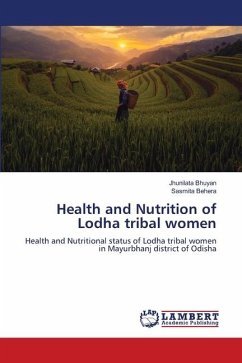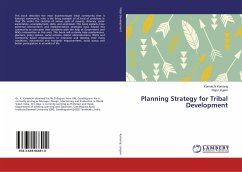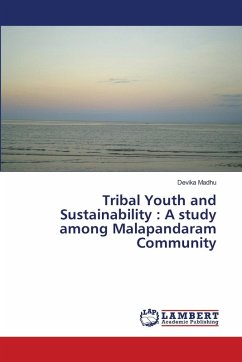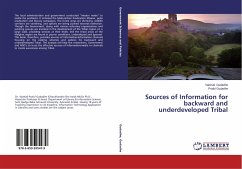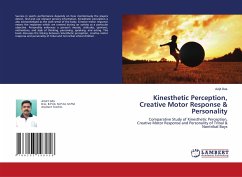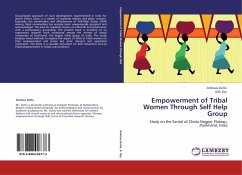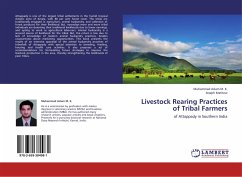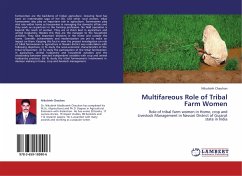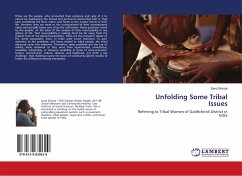
Unfolding Some Tribal Issues
Referring to Tribal Women of Gadhchiroli District in India
Versandkostenfrei!
Versandfertig in 6-10 Tagen
24,99 €
inkl. MwSt.

PAYBACK Punkte
12 °P sammeln!
Tribes are the people, who connected their existence and cycle of it to nature by maintaining the factual and profound relationship with it. They have considered the land, water, and forest as the nuclear facets of their life. However, they are more or less unacquainted of their constitutional rights and partially taken care of by the authorities. Many questions raised by the people, on the basis of the analysis of their inaccessibility in any sphere of life. That inaccessibility is making them be far away from the present time of the general population. Tribes are the prevalent subset of the ...
Tribes are the people, who connected their existence and cycle of it to nature by maintaining the factual and profound relationship with it. They have considered the land, water, and forest as the nuclear facets of their life. However, they are more or less unacquainted of their constitutional rights and partially taken care of by the authorities. Many questions raised by the people, on the basis of the analysis of their inaccessibility in any sphere of life. That inaccessibility is making them be far away from the present time of the general population. Tribes are the prevalent subset of the world population. Even, in India same trend continues. To gain attention to the problems, and issues related to tribal people, the tribal discourse came into existence. Thereafter, some problems got the tag of solved, some remained as they were. Their separateness, remoteness, variability, marginality, or marginal variability, in terms of socio-economic factors, environment, culture, dialects, and livelihood, put forth a big challenge. That challenge opens the doors of community-specific studies to fasten the differences among themselves.



